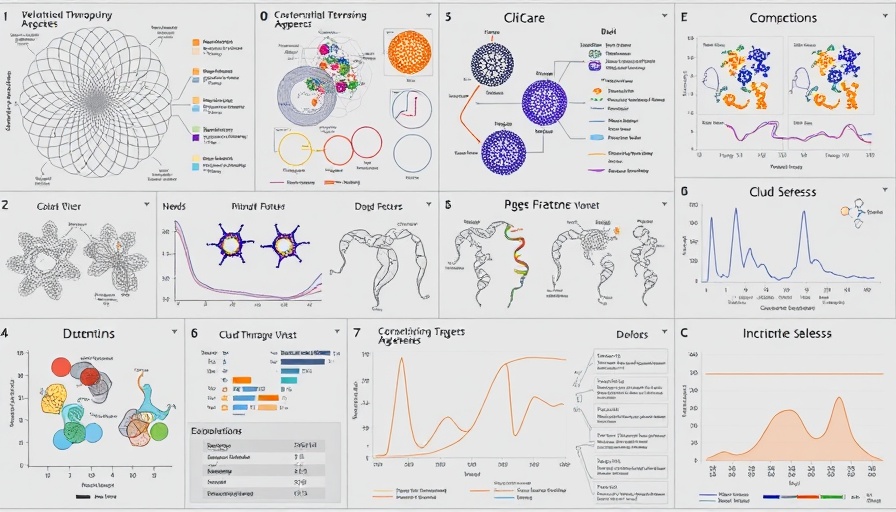
Unlocking New Possibilities in Multiple Sclerosis Treatment
Recent research from the Netherlands Institute for Neuroscience (NIN) has opened the door to innovative therapeutic targets that could significantly change how multiple sclerosis (MS) is treated. Unlike existing therapies that only focus on halting disease progression, these findings indicate a promising pathway towards repairing damaged tissue in patients.
Understanding Multiple Sclerosis: A Closer Look
Multiple sclerosis is a chronic autoimmune condition where the immune system inaccurately attacks the central nervous system. This manifests in lesions that disrupt the protective sheath of myelin which surrounds nerve fibers. Damage to myelin leads to debilitating neurological symptoms including impaired vision, difficulty in coordination, and challenges in speech. Unlike traditional treatments that merely prevent further damage from immune attacks, researchers are now aiming to develop regenerative strategies that can actually restore myelin and promote recovery.
New Research Insights: The Current Study
This groundbreaking study, published in the journal Brain, utilized human brain tissue from a distinct cohort of MS autopsy participants. Lead researcher Alida Chen and her team identified key genes and biological pathways correlated with the varying recovery potentials in myelin. Their painstaking comparison of transcriptomic data from MS donors reveals that not all individuals respond the same way, which can inform future treatment approaches.
The Role of Microglia: Key Players in Recurring Myelin
Another fascinating aspect of this research is the role of microglia—the immune cells in the brain that may dictate the success of tissue recovery. These immune cells can manifest in different shapes and forms, which signal their effectiveness in responding to nerve damage. By understanding how microglia function in various MS lesions, researchers may pinpoint where to focus therapeutic efforts that facilitate the repair process.
Potential Impact on Health and Wellness
For individuals grappling with MS, these research advancements could lead to more than just symptomatic relief. Community health and wellness initiatives are increasingly shifting towards innovative healthcare that not only addresses illness treatment but also enhances the quality of life through recovery and regeneration. Patients and healthcare providers alike can look forward to an era where health and wellness are intertwined with not just management but also recovery from chronic conditions.
Community Engagement and Future Directions
As more studies emerge focusing on regenerative treatments, community health and wellness events may incorporate discussions around these advancements. Understanding the nuances of MS treatment can raise awareness, reduce stigmas, and foster connections among those affected by the condition. The focus on research-based recovery strategies signifies a positive shift in how chronic conditions are perceived and treated at both individual and community levels.
Looking Ahead: The Promise of Regenerative Therapies
This new research lays the groundwork for future therapies aimed at rebuilding myelin and restoring normal nerve functions. As these discoveries gain traction, patients with MS could see an improved treatment landscape featuring innovative solutions designed to enhance their health and well-being. This research signals hope not just for better management but tangible recovery, impacting countless lives.
In conclusion, the identification of new therapeutic targets for MS not only enhances our understanding of this complex disease but inspires hope for those affected. With ongoing research, we edge closer to realizing effective regenerative therapies that promise to change the narrative of multiple sclerosis treatment.
 Add Row
Add Row  Add
Add 




 Add Row
Add Row  Add
Add 


Write A Comment